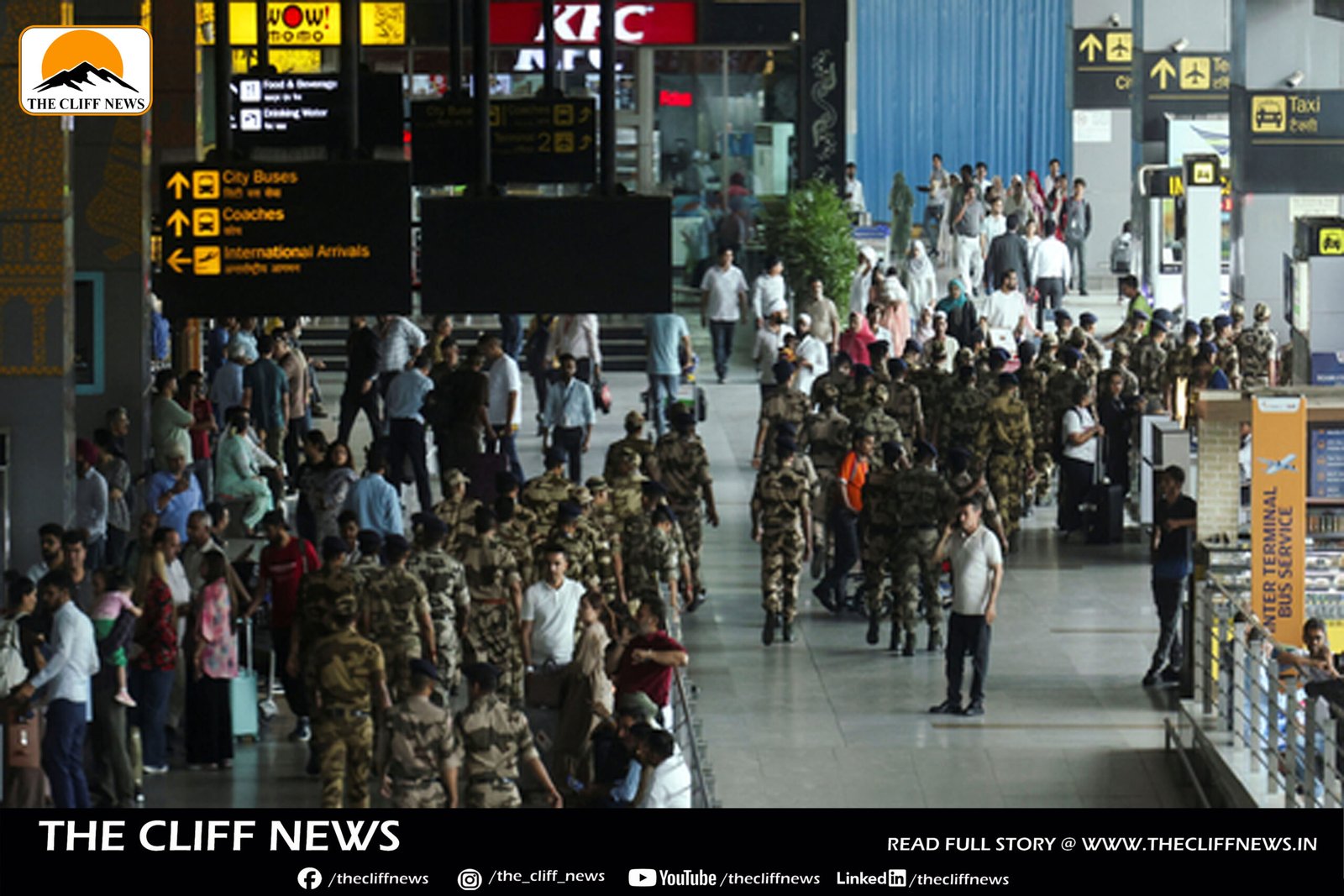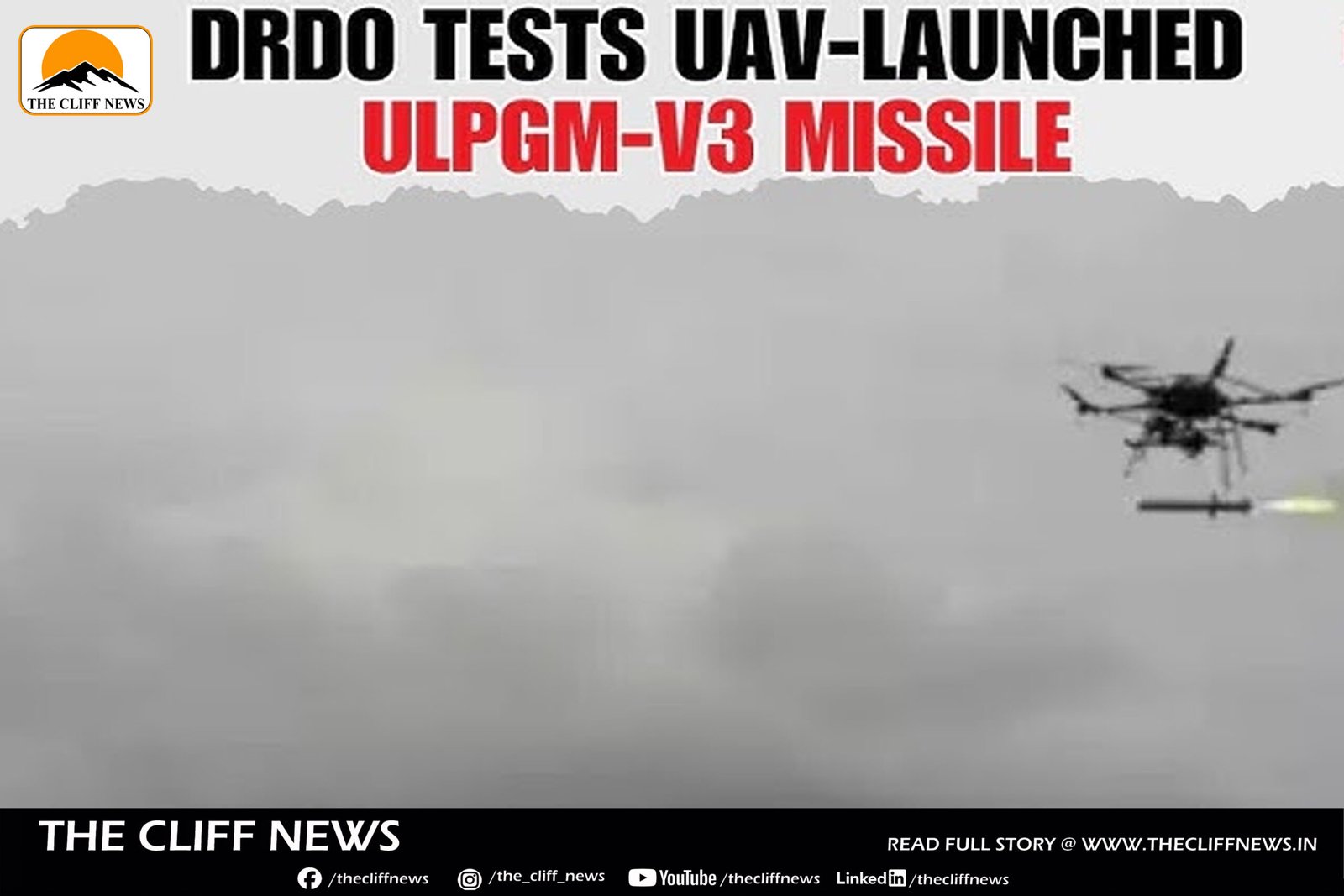Air travel at Delhi’s Indira Gandhi International Airport (IGIA) remained severely disrupted for the second consecutive day, following heightened military tensions between India and Pakistan. Widespread airspace restrictions were enforced after a Pakistani drone and missile attack on Indian cities in Jammu, Punjab, Gujarat, and Rajasthan, triggering flight cancellations and delays.
In the past 48 hours, a total of 228 flights have been cancelled at Delhi Airport alone. On Friday, May 9, airport authorities reported 138 cancellations, comprising 63 domestic arrivals, 66 domestic departures, four international arrivals, and five international departures. The previous day, over 90 flights were cancelled, and more than 200 faced delays, especially during peak hours from 8 AM to 2 PM.
Despite the disruptions, Delhi International Airport Ltd (DIAL), which operates IGIA — India’s busiest airport — maintained that operations remain “normal.” However, it acknowledged that ongoing airspace restrictions and intensified security measures may affect flight schedules and increase processing times at checkpoints. DIAL has urged passengers to arrive early, remain patient, and cooperate with security personnel.
Meanwhile, in a significant move, the Ministry of Civil Aviation announced the suspension of civil flight operations at 24 airports till Saturday, May 10. The list includes key airports such as Amritsar, Jammu, Srinagar, Chandigarh, Jodhpur, Leh, and Bhuj — most of which lie close to India’s western border.
The current escalation in Indo-Pak tensions began Thursday evening, when Pakistani drones and missiles targeted multiple Indian states. The Indian Ministry of Defence confirmed the origin of the attacks and said they were successfully intercepted by air defence systems. The assault prompted blackouts, air raid sirens, and even led to the suspension of an IPL match in Dharamshala, Himachal Pradesh.
This flare-up came just a day after India launched ‘Operation Sindoor’, a targeted military strike on terror infrastructure in Pakistan and Pakistan-occupied Kashmir (PoK), in retaliation for the April 22 terrorist attack in Pahalgam. The situation remains volatile, with potential for continued disruption in air travel and public safety operations across northern India.



